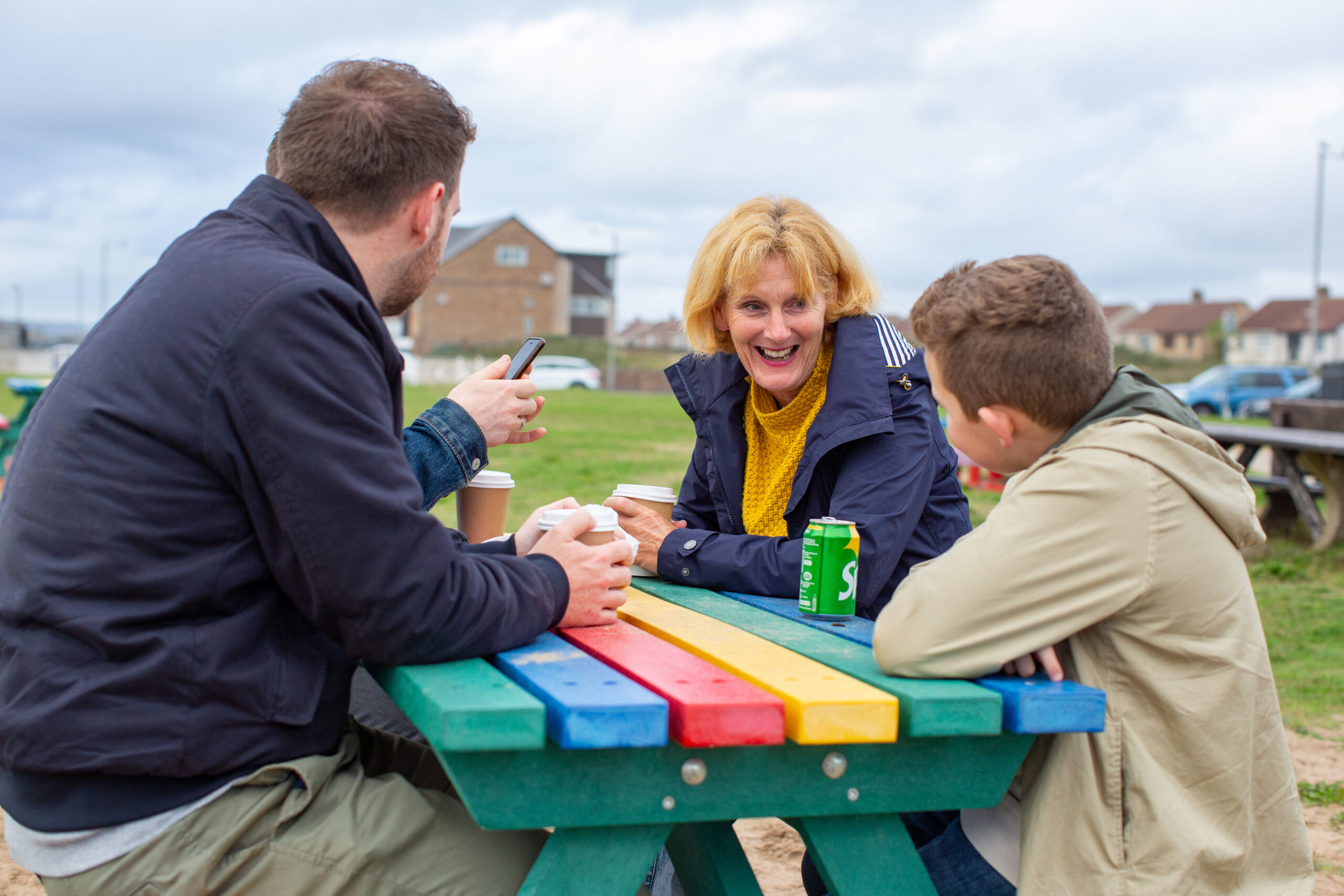
It’s estimated that there are nearly 4m people with ‘empty nest syndrome’ in the UK. People that have feelings of loneliness, emptiness or regret at that fact that their homes are not as busy, and their children are no longer there full time.
Each year 1000s of children and young adults leave home. They may be heading off to University, moving in with friends or partners, moving to live with other parents or going it alone. Some head off abroad.
Two thirds of adults say that they suffered from empty nest syndrome when their children moved out, even if ultimately, they have gone on to enjoy their time together or alone.
Statistics about Empty Nest Syndrome
Research from Unite Students has highlighted these mixed emotions that parents experience when their children leave home:
In trying to explain how it feels, further findings show that parents say empty nest syndrome feels like a mix of positive and negative emotions, including:
- A part of you is missing (20%)
- Emptiness (24%)
- A loss of purpose (19%)
- Rejection (16%)
- You’ve abandoned a child (18%)
- A child has abandoned you (22%)
- A realisation that life will never be the same (25%)
- A new beginning (28%)
- An opportunity to rediscover yourself (24%)
- A chance to have more time to yourself (22%)
- A chance to do things you haven’t before (22%)
Not only this but ‘87% in our survey said they wished they’d thought about Empty Nest Syndrome in advance of their child going to university, while 99% were surprised that more parents didn’t talk about it openly.’ [Unite Group]
What does Empty Nest Syndrome look like in reality?
We want to open the conversation about empty nest syndrome, and we encourage you to speak with your friends and family. Foster Carer Liz shared a little bit about her journey into fostering:
“It was a really interesting time in my life. For a long time it’s always been just my son and I in the house, but he moved out a few years ago with his partner and it was actually him that opened my eyes to fostering.
My son used to make comments as a child about wanting a sibling – he has close cousins, but none that he’s lived with. However, working full time as a single parent, I never thought I’d have the time or space to bring other children into my home. I’m in a better position in my older years, with two spare bedrooms now my son has moved out, plus reduced and more flexible hours at work.
We’ll always be extremely close but I didn’t realise how much I’d miss having my son at home…even picking up his socks and pants became something I missed!! He suggested that now was the time to put in an enquiry with our local authority, just to have a chat and see what options there were.

I’ve now been fostering for 3 years! I started with short breaks for sibling groups, but I’m looking into providing more long-term foster care. Personally, I find fostering older children and teens fits better with my circumstances – with them in school, and with that little bit more independence vs fostering a baby / toddler.
My son still jokes that he wishes I’d done it years ago – but the time had to be right for me to be able to provide the stability and care that these children need. “
Let’s have a conversation about fostering
Some people find that they really miss the unexpected – the noise, the smells, the mess, the laundry on the floor – and if you find that you do want to fill those gaps again, you may want to consider fostering. We are always looking for people that can look after children for us – especially older ones who can fill your house with noise, mess and fun!
When you’re ready, feel free to have a look on our website at all the information about fostering. Specifically pages:
Types of fostering
Who can foster?
Common questions
If you think it could be right for you, you can fill in an enquiry form on our website here, or give our friendly team a call on 01443 425007 for a chat.
If you live in Wales, visit the Foster Wales website where you can find all the information and contact your local authority service.
